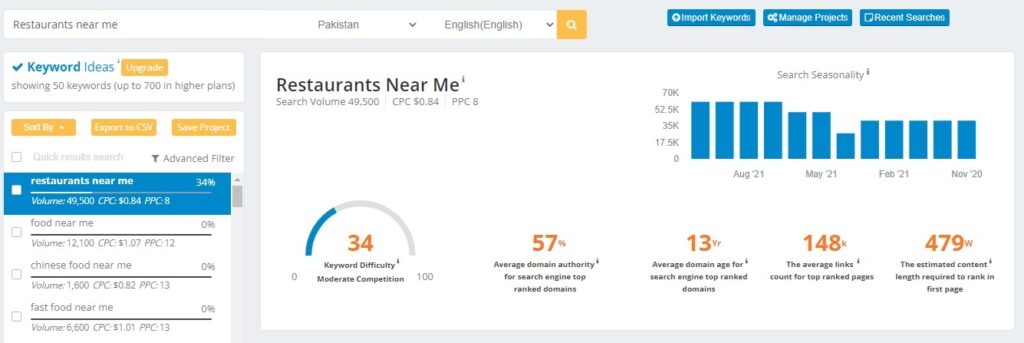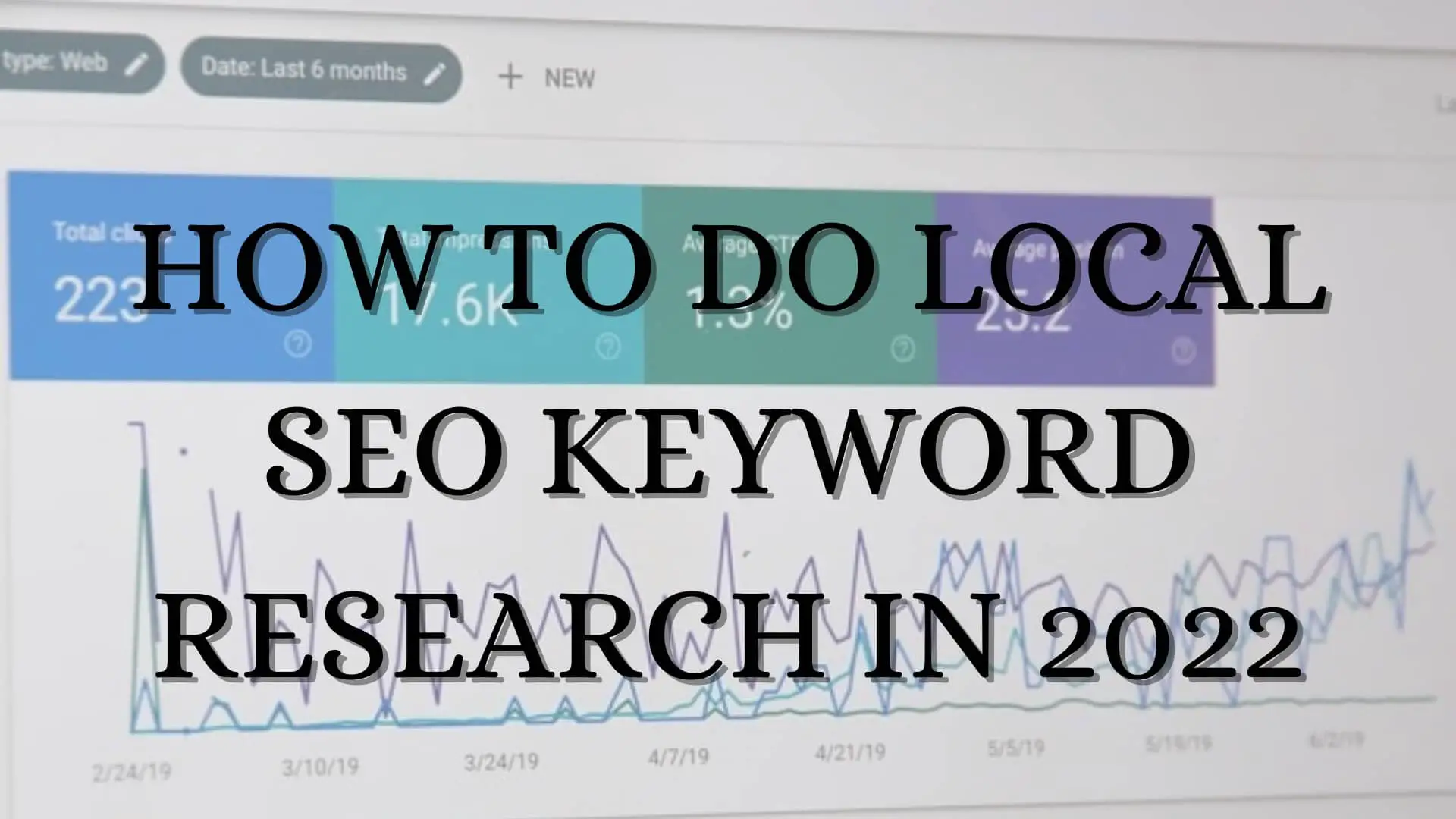Local SEO keyword research is a type of SEO that specifically target local businesses. Having an effective local SEO keyword research campaign helps your business to appear on top of the Google’s search engine.
Without local SEO on your plan, you are missing out the opportunity to rank on local online demand of your products and services.
If your customer base is primarily located in the same city where your business is located, you will need a local SEO to show your visibility to the customers on the internet.
If you are unsure if you need a local SEO or not, you can simply check by searching keywords related to your products and services on search engines.
When you are performing searches, and the results are more localized, then you will need a proper local SEO for your business to appear on search results.
SEO, covers all types of businesses, blogs, and websites. In 90s when Search Engine Optimization used to be simple, there were not much difference in SEO and Local SEO. However, now there are many things that may affect your local SEO.
Doing a local SEO helps you improve the visibility to the people that are searching from nearby location. For instance, if you are searching “Restaurants near me” Google shows the following results:

Now when you search “Restaurants near me”, do you see your Restaurant in the search results?
If not, do you see how many potential customers you are losing due to no visibility of your local business on the internet when nearby customers search for your products and services? Do you see how much you are missing out?
That’s what makes Local SEO so Important.
Table of Contents
How To Conduct A Local SEO Keyword Research
Before conducting a local SEO keyword research, you need to follow these tips and tricks and the results will be amazing!
Know Your Targeting Audience
It’s important to know your target audience and what they need. When you know what type of audience you are targeting, ranking on them becomes easy. Ask these questions to yourself and you will know your target audience.
- What type of restaurants people are searching for in *your local area*?
- What are most searched dishes in *your local area*?
- Who is searching for these dishes? Locals? Tourists? Or both?
- What keywords people use when they search for these dishes?
- What is the most famous restaurant in *your local area* and what are the reasons people like it?
How can you provide the best content on internet to encourage the potential customers to visit your restaurant?
Find What Keyword Your Target Audience Is Searching For
After asking these questions to yourself, you will most likely know your target audience and what keywords they use. Once you have got the idea of keywords, you can work on your local SEO to target local audience. This will serve as a start of your business to rank locally.
Now, you can search your selected keywords into Google’s search bar and see if Google show the pack of your local keywords, then your website has a chance of ranking if you optimize specific web pages for related keywords.
You can check the keywords you are using either a free or paid keyword research tool to check the data around these keywords like search data, keyword difficulty, domain authority of a website and keyword analysis. You can also get the related keywords and questions. This data will help you to determine if you are targeting the right keywords, if a selected keyword is worth targeting, or if you have a chance of ranking on a specific keyword.
Let’s say you check the keyword “Restaurants near me” in a keyword research tool (I personally like Semscoop it’s free), you will see that the keyword has a good search volume and the competition is also moderate that means you have a chance of ranking your site on this keyword.

Determine Search Volume And Keyword Difficulty
As we discussed above, plug each of your keyword into the keyword research tool and check the keyword difficulty, search data. In most cases, the higher the keyword search volume, the more difficulty it will be to rank on that keyword.
On other hand, you don’t want to target keywords with too low search volume, because then you risk to drive no traffic to your website. Target keywords with moderate difficulty and higher search volume so the chances of ranking your specific keyword increases.
Target long tail keywords, they may have lower search volume, but they often convert at higher rate because these keywords have high search intent and it’s easy to rank on long tail keywords as compare to short keywords.
Final Thoughts
Local SEO Keyword ranking is a process that requires continuous attention and fostering for different search platforms and ranking factors. Local SEO is the most important part to target a local audience for your businesses.
Some important factors to remember if you are going to do a local SEO keyword research.
- Know your audience and what they are searching for.
- What keywords they use for searching.
- Make sure your content is relevant to your targeted keyword.
- Don’t neglect your overall SEO campaigns.

Leave a Reply